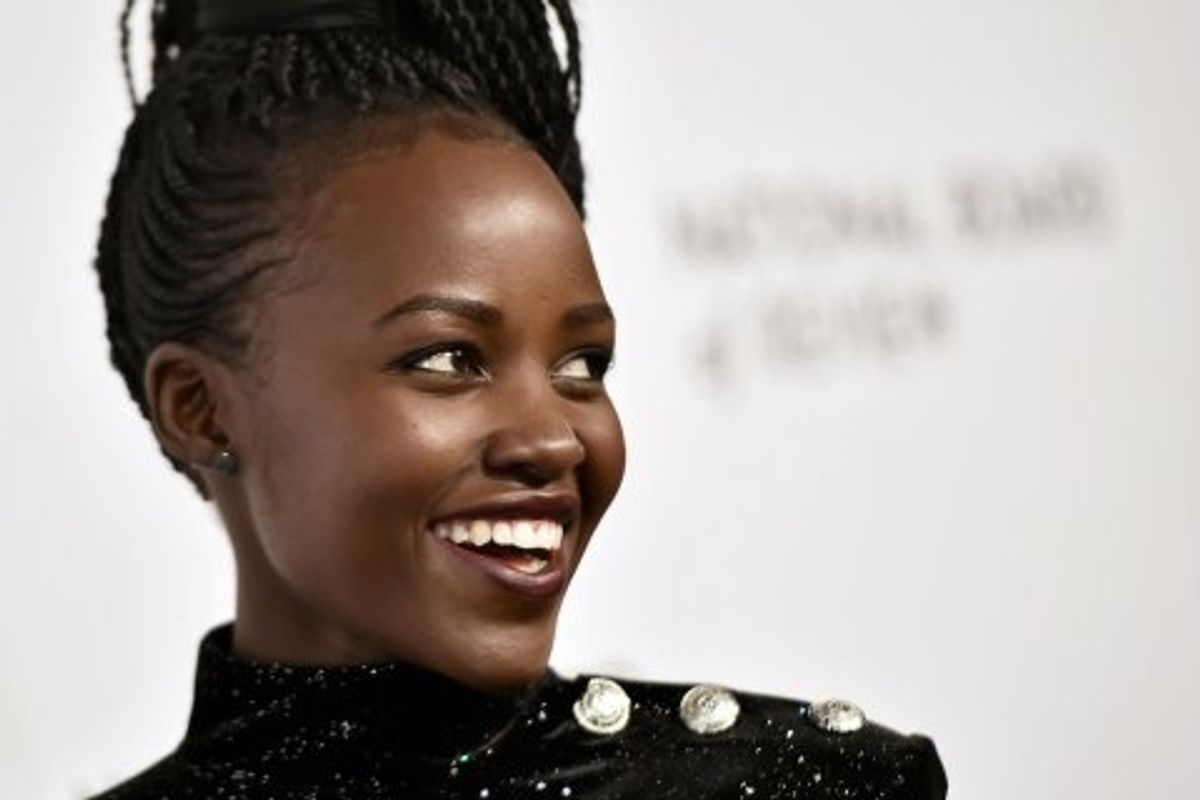
Lupita Nyong'o Has Written a Children's Book and We're So Here For It
'Sulwe' is the story of a young girl with dark skin who learns to "reimagine her sense of beauty."
SEARCH

'Sulwe' is the story of a young girl with dark skin who learns to "reimagine her sense of beauty."